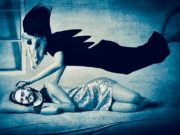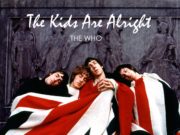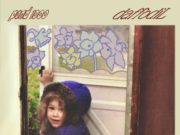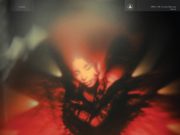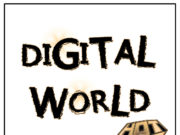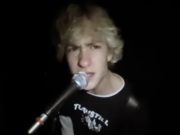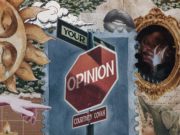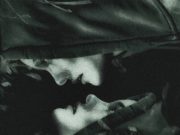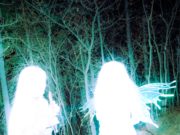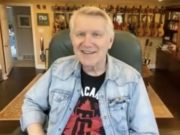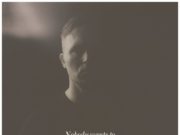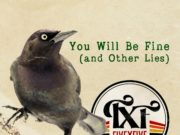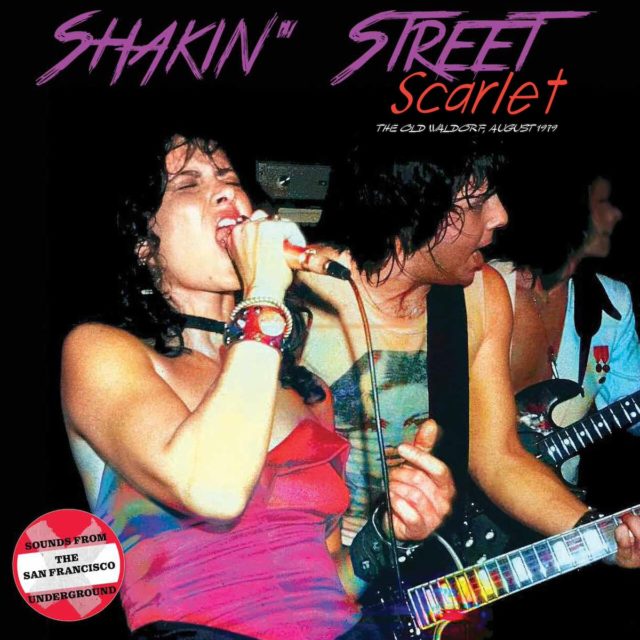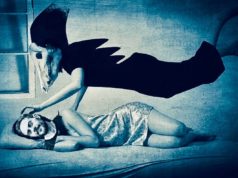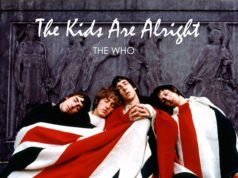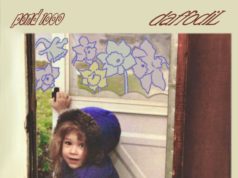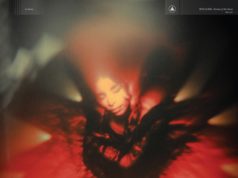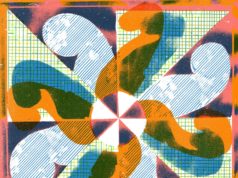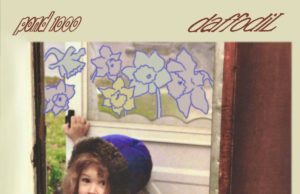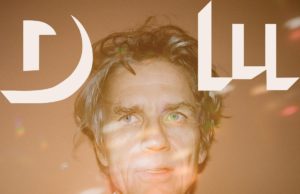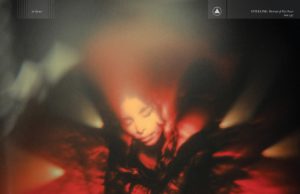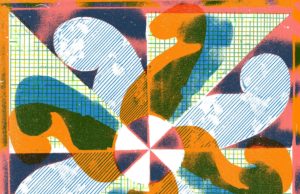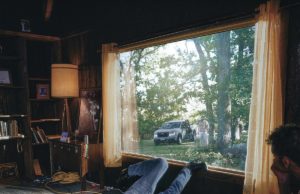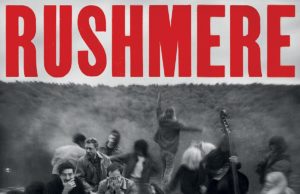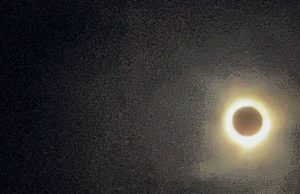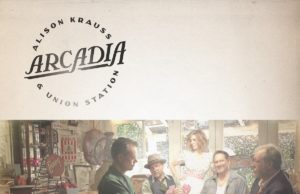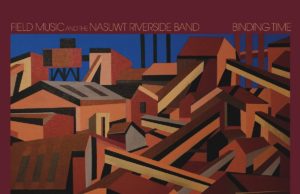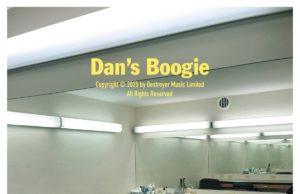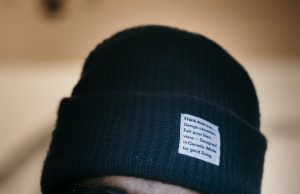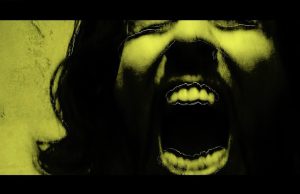THE EDITED PRESS RELEASE: “Conventional wisdom has long held that France has a remarkably insular music scene. The Beatles famously received a muted reception when they played an 18-day run of concerts at Paris Olympia in 1964. Especially in the rock era, French audiences have expressed a strong preference for homegrown stars, preferring Johnny Hallyday over Elvis Presley, and favored francophone acts like Serge Gainsbourg, Françoise Hardy and Jacques Dutronc over recording artists and performers from beyond their borders.
Across the Atlantic, intrepid American music fans in the pre-internet era discovered music by reading about it in influential, semi-underground publications. Even though the scenes in cities like San Francisco and Atlanta were also somewhat insular, news got through. So, some of the more adventurous music lovers (and musicians) in France learned about new and outside-the-mainstream sounds being made the world over.
One of those French music fanatics was Fabienne Shine. Born in Tunisia, she grew up in France, becoming a kind of Renaissance woman: fashion model, actor, musician. Her film career began in 1967 when she was in her very early 20s; by the following year she appeared as the female tree in Roger Vadim’s playful sci-fi romp Barbarella. By the early ’70s globetrotting Shine had befriended members of Led Zeppelin. She became romantically entangled with guitarist Jimmy Page; he and Robert Plant encouraged Shine’s musical pursuits, urging her to put together a group of her own.
“I had always been singing with bands,” Shine recalls. “But little bands, for a month or two or three; not really seriously. I didn’t know what to do, plus I didn’t meet someone with whom I could record or compose songs.” One night she went to a Paris club to see a band featuring some friends including Jean-Louis Aubert, who would soon form the influential francophone rock band Téléphone. At one point during the sparsely attended show, Shine joined the band onstage. Afterward, she was approached by a young man. “This guy asked me, ‘Do you want to make a band?’ ” Shine recalls with an incredulous laugh. “Very presumptuous!” But Shine was intrigued, and so she and guitarist Eric Lévi put together a group, initially called Speedball. “Stupid name,” Shine admits. “Embarrassing.”
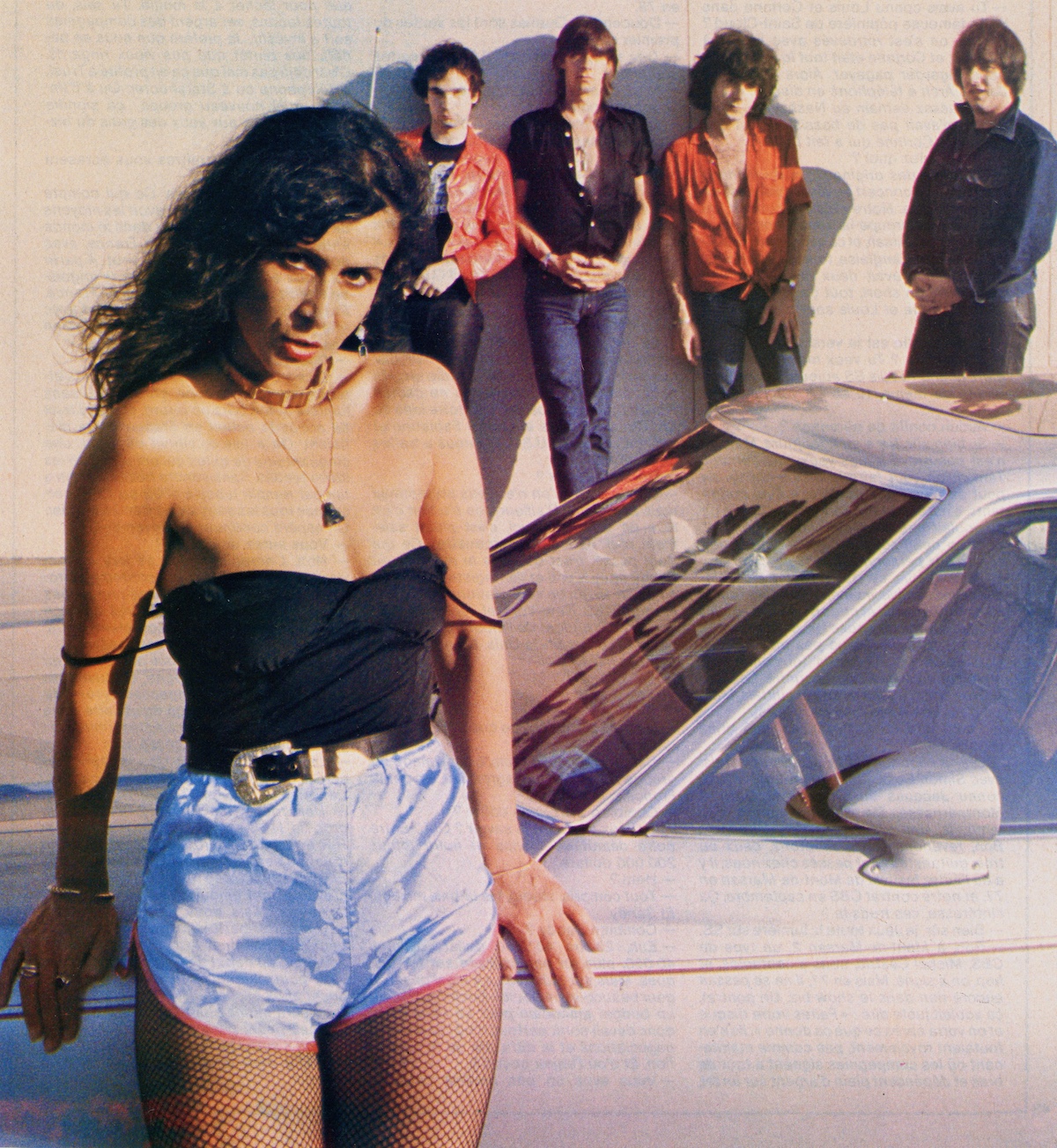
The hard-rocking band would feature songs composed by Shine and Lévi. “You can’t imagine what a beautiful voice I had,” Shine says. But anyone hearing the band in its earliest days might not have picked up on that quality. “We [plugged] the microphone into a guitar amp,” she recalls with a laugh. The band practised in a small space at a local university and built up a set of songs. Working with their manager Mark Zermati, the group landed high-profile opening slots across the Channel in England, supporting The Damned and other groups in the nascent punk scene. And from the very start, Shine sang in English, not French. “Always in English,” she emphasizes.
She cut an imposing figure onstage, her background as a model and actor serving her well. “I knew how to pose,” she says. But her focus was primarily on the music. As an actress, I knew how to interpret the songs,” she says. “When I sing the songs, I really feel [them]. When I sing a song like Solid As A Rock, it feels like a revolution.”
By 1976, rock music was undergoing a revolution of its own. Bands like The Sex Pistols, The Ramones and Television were stripping away the polish and filigree, serving up a rawer brand of rock. And while Shine’s group was something of a kindred spirit with such groups, Shine never considered her group a punk band. “Hard rock,” she insists. “I always loved hard rock.” Nevertheless, her songs often dealt with lyrical subjects more akin to punk. “I wrote a song about rats once,” she recalls. “Living up in the hills, I had some; they would come and eat the fruits, and they came inside the house. So I had to write a song about them!”
Zermati “hated our name,” Shine says, so he had rechristened the band Shakin’ Street. But the band found out about their new name in an unusual way. Shine recalls how it happened: “He told us, ‘You’re going to do a festival with all these fabulous artists: The Police, Eddie & The Hot Rods, The Clash.’ ” The band was backstage in a former bullfighting ring in Mont-de-Marsan in the south of France when they heard an announcement over the PA: Shakin’ Street would be appearing next. “Nobody was going onstage, of course,” Shine laughs. “So Mark came backstage and said, ‘Shut up! Just go and sing and play!’ And that’s how we became Shakin’ Street.”
The group’s debut album Vampire Rock was released on CBS Records in 1978. All but two of the record’s nine songs were co-written by Shine and Lévi; the others were a Shine solo composition (Where Are You Babe) and a roaring rock cover of The Rolling Stones’ Between The Buttons track Yesterday’s Papers.
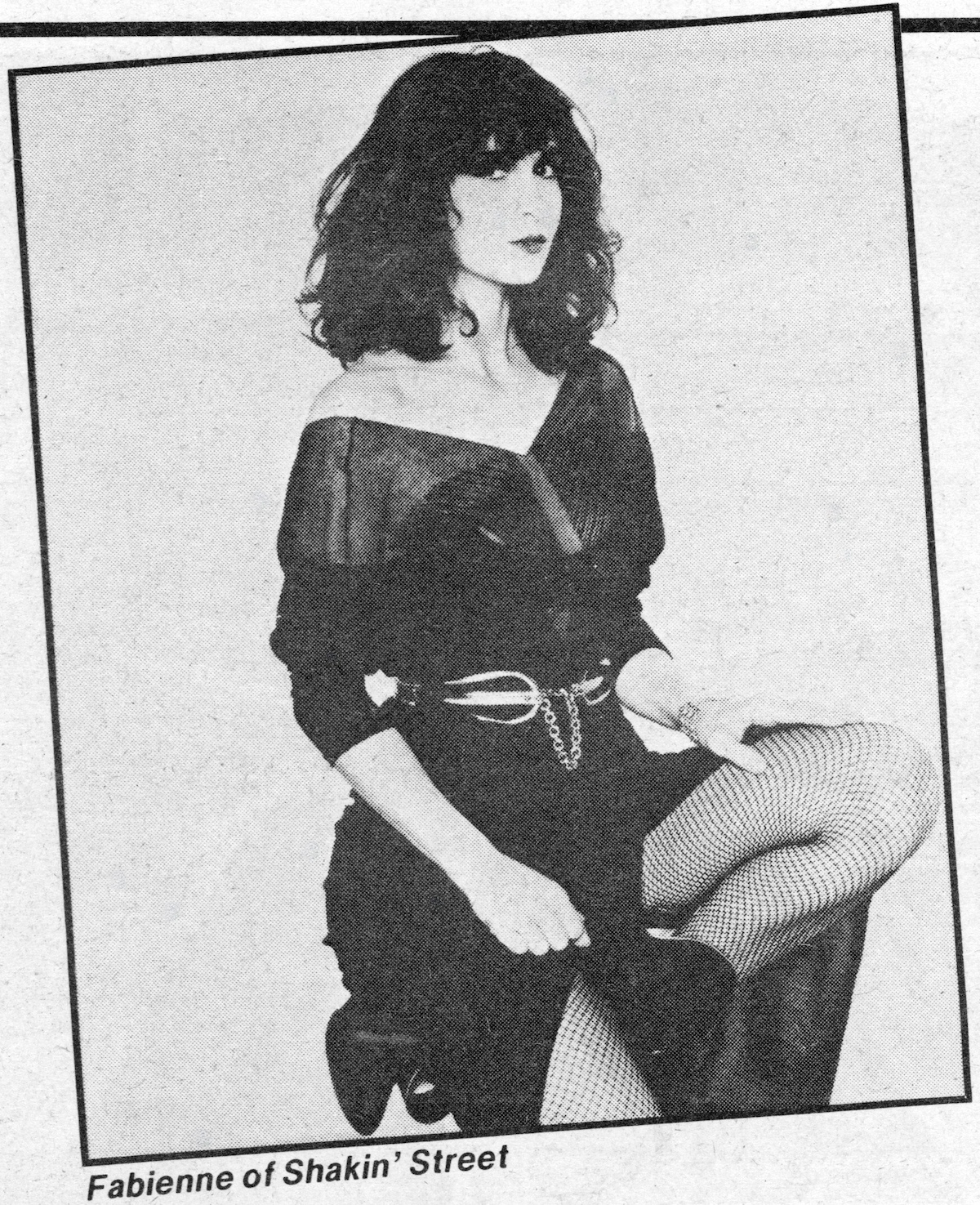
Zermati brought the band members to a Blue Öyster Cult concert. After the show — “absolutely fabulous,” gushes Shine; “I was blown away by their hard rock, metallic sound” — Fabienne made a point of seeking out the group’s manager/producer/sometime songwriter. It took some effort, but she found Sandy Pearlman (“He was very shy,” Shine explains).
“And so I said to him, in my then-very big French accent, ‘Are you Sandy Pearlman? I want you to produce our next album!’ ” Pearlman asked for a copy of Vampire Rock. Once he heard the band’s music, he said yes. “That changed our lives, my life especially,” Shine says. “Because I ended up leaving France and becoming American.”
By the time sessions got underway with Pearlman producing at The Automatt in San Francisco for the second, self-titled LP, the band’s original lead guitarist was gone. “He was absolutely wonderful,” Shine says, “But unfortunately he sold his guitar for some drugs. So we had to say, ‘Bye bye!’ ” In his place came Ross “the Boss” Friedman of The Dictators and Manowar. “We had love at first sight,” Shine says. “He was really crazy about us… and he was good.”
Shakin’ Street quickly developed a dedicated following in their new adopted home of San Francisco. “We started playing small clubs,” Shine recalls, “but we couldn’t (keep playing there) because there was a one-kilometer line; people couldn’t get in!” One of those small clubs was the 660-seat Old Waldorf at 444 Battery St. The show captured by broadcaster and rock archivist Terry Hammer and featured on this release dates from the period before Shakin’ Street’s self-titled second LP hit the shelves.
“We opened for Jim Carroll that night,” Shine recalls. Shakin’ Street’s high-energy set featured four songs from their debut, seven songs from their then-upcoming second album (all by Shine and Lévi), and two songs that aren’t documented on any officially sanctioned release: the original Scarlet and a cover of The Stooges’ I Wanna Be Your Dog.
The band soon found itself opening for BÖC. “And then we did a full American tour with Black Sabbath,” Shine says with pride. And while she is rightly proud of both of her band’s studio releases from those early years, Shine agrees that live onstage is the best way to experience Shakin’ Street. “I really think we’re a live band,” she says. “We’re really good on stage. Always have been.”


